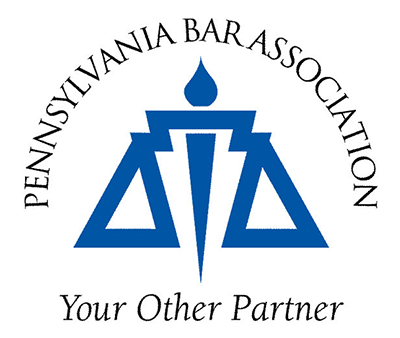Six Important Steps to Take on Death or Incapacity
It used to be enough for a fiduciary and his attorney to simply search through a decedent’s or incapacitated person’s papers in his or her workplace and at home, watch the mailbox for a 90 day cycle, and review tax returns and account statements. Things are more complicated now and a fiduciary must take several more immediate steps with regard to digital assets.
Six Important Steps a Fiduciary Should Take to Protect Digital Assets
Take Inventory
Make an immediate inventory of all possible digital property.
Get Access
Get physical and virtual access to and secure the client’s smart phone, iPad, laptop and all other digital equipment.
Preserve Email
Give timely notice to third party email providers to preserve the information there—and move quickly with free email accounts, because they’ll delete the decedent’s account and its contents within a few months following notice of his or her death.
Secure/Terminate Online Purchasing Accounts
Make sure to keep in inventory of all purchasing accounts and secure or shut them down so no further purchases can be made.
Get Control of Online Accounts
Access or control web pages, blogs, social networking accounts, etc. Doing this is critical to preventing identity theft, as well as preserving and transferring sentimental information for the family.
Determine value, if any, of digital property. You’ll have to accurately report the value of any digital assets on probate inventory, probate or trust accounting, and accounting required of an agent operating under a durable power of attorney in the case of an incapacitated person. If the decedent has a taxable estate for federal or state estate tax purposes, the applicable value must be reported accurately on the federal or state estate tax return. Examples of potentially valuable digital property of an incapacitated person or decedent, include:
- Intellectual property
- Advertising revenue stream from web pages and/or blogs
- Domain names
- Virtual currency
- Virtual real estate
- Unused credit card or travel points
- Refunds from online purchasing accounts
- Contents of emails and social networking accounts of certain public figures














